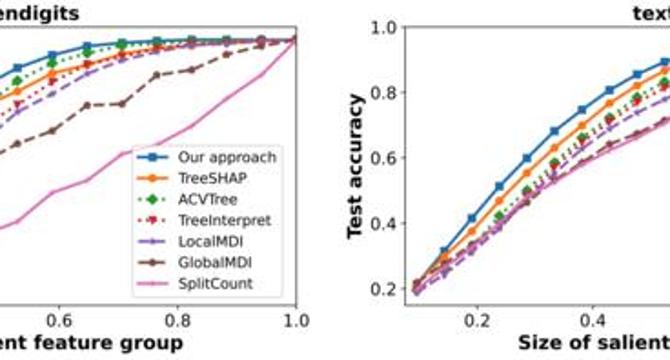Bioengineer
21h
26

Image Credit: Bioengineer
Exploring Feature Group Insights in Tree-Based Models: A New Perspective
- Tree-based models have gained popularity in machine learning for their flexibility and accuracy, impacting diverse fields like finance and healthcare.
- Challenges exist in understanding how these models make decisions, emphasizing the need for interpretability, especially in critical domains.
- Traditional interpretation methods focusing on individual feature importance often oversimplify complex feature interdependencies.
- Research by Wei Gao's team introduces a methodology emphasizing feature group importance to enhance model interpretability.
- Their breakthrough, the BGShapvalue metric, evaluates feature groups' collective impact, improving interpretative capabilities of tree models.
- The BGShapTree algorithm efficiently computes BGShapvalues, identifying influential feature groups for model predictions.
- Experimental validation confirms the practicality of BGShapvalue and BGShapTree across various datasets, offering insights for future model interpretability enhancements.
- The research team plans to extend their methodology to more complex tree models like XGBoost, addressing the need for scalable interpretability solutions in AI.
- Efforts to develop efficient strategies for evaluating feature groups aim to promote broader adoption of interpretable machine learning models.
- The work by Wei Gao's team not only advances technical aspects but also upholds ethical principles of fairness and transparency in AI applications.
Read Full Article
1 Like
For uninterrupted reading, download the app